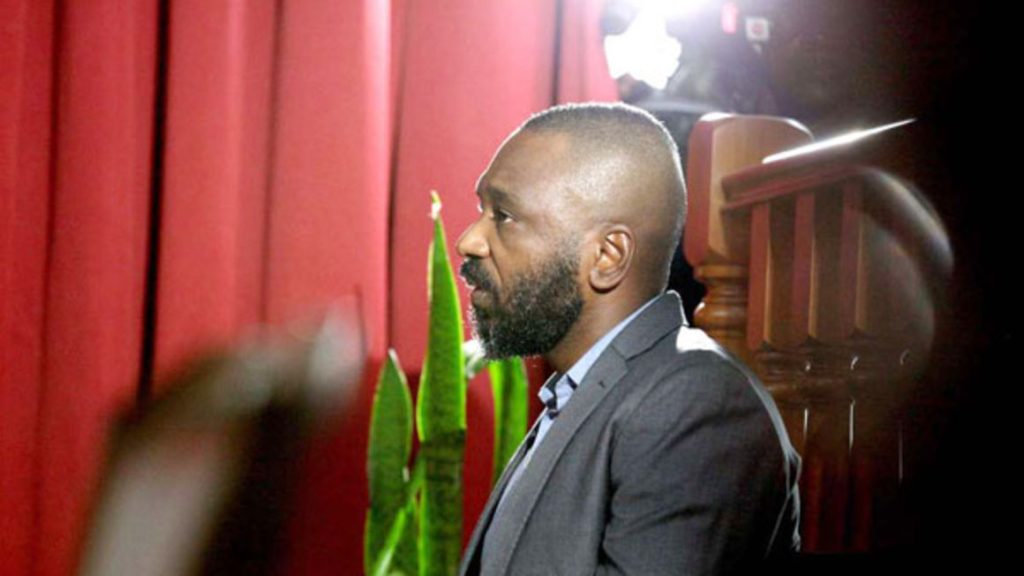Angola’s former first son, José Filomeno dos Santos, has spent long hours facing the scrutiny of the marble floors and wood-paneled walls of Luanda’s Supreme Court, where he has been on trial since December. At 42, the son of ex-president José Eduardo dos Santos awaits the court’s verdict on whether he is guilty of embezzling millions from Angola’s sovereign wealth fund, which he managed from 2013 to 2018.
While his father, José Eduardo dos Santos, has not been implicated in the investigation, the Angolan authorities are intensifying their focus on the dos Santos family. José Filomeno is the first member of the family to face trial since President João Lourenço initiated a crackdown on corruption shortly after assuming office in 2017.
Isabel dos Santos, the former president’s billionaire daughter, also faces charges related to financial misconduct during her time as head of Sonangol, Angola’s state oil company. She was removed from her position after Lourenço came to power. Now residing abroad, Isabel has criticized the investigations, calling them a “witch-hunt.”
José Eduardo dos Santos, who is believed to be in Spain for medical treatment, has remained largely silent about the legal actions against his children. Some analysts, like Paula Cristina Roque from Oxford University, argue that targeting the dos Santos children is politically strategic. Lourenço, known as “JLo” among Angolans, has focused on the ex-leader’s offspring, who lack significant support within the ruling MPLA party. However, Roque suggests that implicating dos Santos himself would carry much higher political risks.
Critics argue that Lourenço’s anti-corruption campaign only scratches the surface, accusing him of protecting other high-profile figures, such as former vice-president Manuel Vicente, from prosecution. Analysts believe Lourenço is being cautious not to alienate powerful figures within the MPLA, as the party is set to elect a new leader soon, with national elections looming in 2022.
The prosecution of the dos Santos children is viewed by some as a way to garner public support ahead of the elections. From her luxury residences in London and Dubai, Isabel dos Santos has remained defiant, but Angola’s attorney general’s office insists that the investigations are based on solid evidence. According to Alvaro João, a spokesperson for the attorney general, both José Filomeno and Isabel were found to have mismanaged public funds during their tenures.
José Eduardo dos Santos, who led Angola from 1979 to 2017, has not been directly implicated in any crimes. However, the constitution grants former heads of state immunity from prosecution for up to five years after leaving office, a period that ends in 2022. Some believe this immunity has shielded the elder dos Santos from immediate legal action, but many, including investigative journalist Rafael Marques de Morais, predict that José Eduardo dos Santos will eventually be held accountable once his immunity expires.
During his time in power, dos Santos was credited with leading Angola through a brutal 27-year civil war, which ended in 2002, followed by a period of economic growth fueled by the country’s vast oil reserves. However, his administration became notorious for its nepotism and corruption. Top government positions were often given to family members and close allies, with Angola’s wealth accumulating in the hands of a few, while much of the population remained impoverished.
Corruption became deeply entrenched in Angola under dos Santos’ leadership. Lawyer Salvador dos Santos, who leads an anti-corruption organization, claims that most high-level officials did not rely on their salaries or legal means for wealth, describing the entire system as rooted in fraud.
The anti-corruption drive launched by the new administration has inspired many Angolans to speak out. As traffic moves slowly through Luanda’s streets, everyday citizens express frustration with the dos Santos family. A young mechanic, Tayson Madrugada, criticizes Isabel for “messing around with our country” and failing to provide jobs for the youth. Meanwhile, driver Jacob Denis places the blame on José Eduardo dos Santos, arguing that his children were merely beneficiaries of their father’s decisions. “When your father gives you something, aren’t you going to take it?” Denis remarked.
Meanwhile, the trial of José Filomeno dos Santos continues. In a written statement submitted to the court, José Eduardo dos Santos admitted to authorizing the transfer of $500 million to a Swiss account as part of an investment deal, a transaction at the center of his son’s case. Both José Filomeno and former central bank governor Valter Filipe da Silva, who is also implicated, have denied wrongdoing.
As the court prepares to deliver its verdict, many Angolans and international observers are watching closely, speculating that the former president may eventually be called to account for the actions of his administration once his immunity lifts. However, questions remain as to whether his health will hold out until 2022, when further investigations could potentially implicate him directly.























